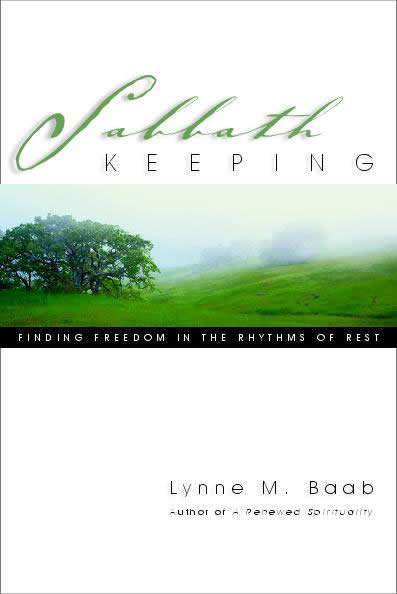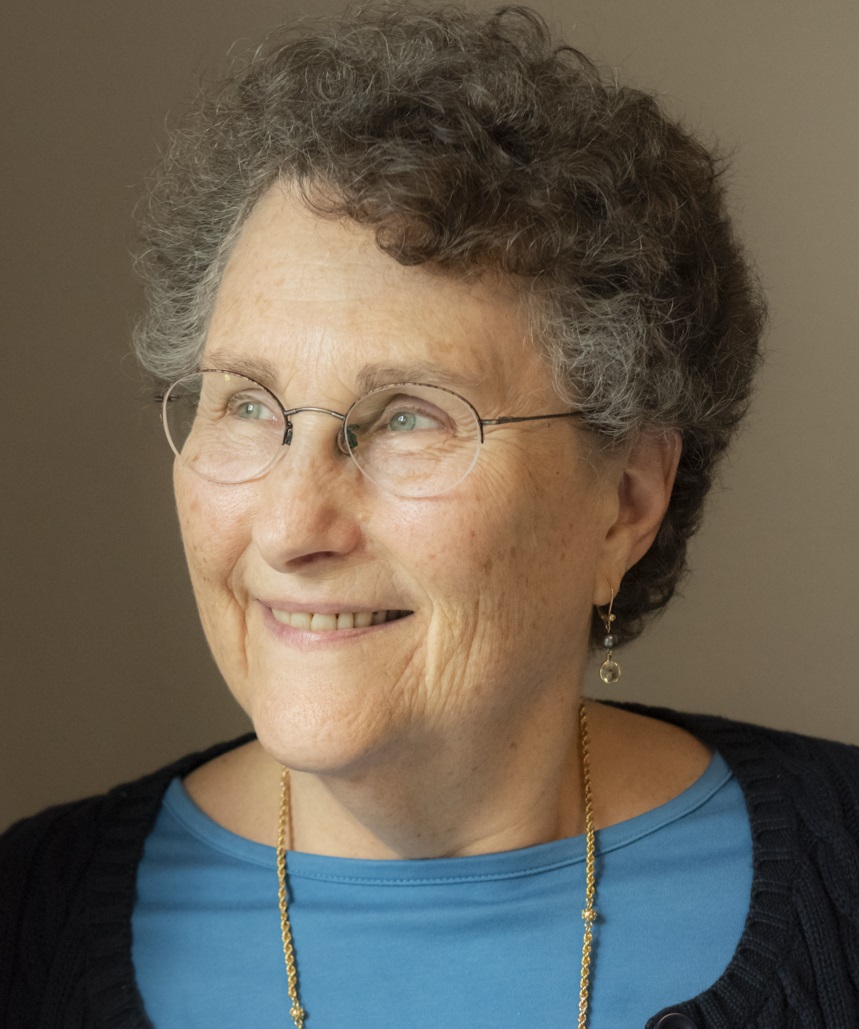The Sabbath Doesn't Have to Be Perfect
 What are some of the misconceptions about the sabbath?
What are some of the misconceptions about the sabbath?
Many people think that in order to receive any blessing from the sabbath, they have to do it perfectly—do absolutely nothing productive for 24 hours, begin their sabbath with a fancy dinner, and then also be “spiritual” the whole time!
Another misconception is that the main point of the sabbath is obedience out of duty. People who have been keeping a sabbath for many years talk about what a great gift it is, a day to experience freedom from the things that enslave us, a day to celebrate God as our creator and the creator of such a beautiful world, a day to live in grace and enjoy relationships.
How do you respond to those misconceptions?
The sabbath doesn’t have to be perfect for us to gain from it. My book makes many suggestions for starting small in keeping a sabbath. New sabbath keepers can begin by letting one heavily used appliance rest for 24 hours, or by choosing not to multitask for 24 hours. Some authors recommend starting small in terms of time, maybe beginning with a half-day sabbath.
The sabbath is not about duty. The sabbath is about learning how to receive from God, having a day to focus on how blessed we are rather than what we lack, a day to thank God for his blessings and rest in his abundance.
So for you, what is a sabbath?
The sabbath is a day when I stop working. I don’t do things for which I would get paid or things that I would check off a “to-do” list. I try to spend the day doing things that get me in touch with God as my creator and my redeemer. I try to focus on beauty, particularly all the lovely things I can smell, see, taste and touch, and I try to thank God for them. I don’t dwell on what I don’t have or on painful memories; I try to nurture inner rest and peace.
How did a sabbath become a part of your life?
My husband and I lived in Israel for 18 months more than 20 years ago. The sabbath there was a day of quiet with very few options. When we returned to the U.S., we decided to bring that same spirit to our Sundays. We didn’t work, study, do home repairs or housework on Sundays. We tried to enjoy our children and each other without the pressure to get anything else done. That day free from productivity has taught me more about God’s grace than anything else in my life.
What are some of the obstacles that keep us from a sabbath, and how do we get over them?
Perfectionism is one of the greatest obstacles, the need to do it perfectly. Another major obstacle is the desire to have a list of specific rules that lay out exactly what we can and cannot do on the sabbath. We can overcome these obstacles by realizing we can’t do this thing perfectly; the point is to have a day when we don’t have to do anything perfectly! God is in charge of the universe and we are not, and on the sabbath we rest in that reality.
You say that the time is right to learn about rest. What do you mean by that?
We are moving faster and faster. We multitask continually. We need palm pilots just to keep track of our children’s schedules! And in the midst of all that activity we are prone to exhaustion and emptiness. The sabbath is a concrete, practical, doable way to build rest into our schedules and rediscover the grace and peace of Jesus Christ.

